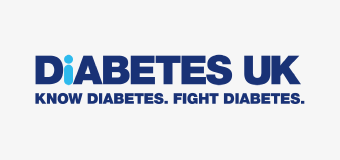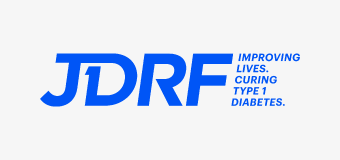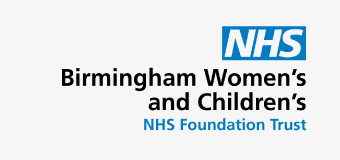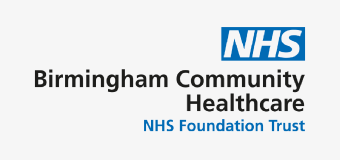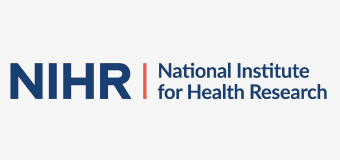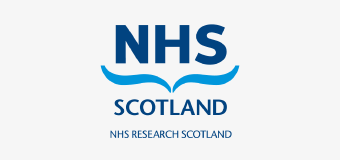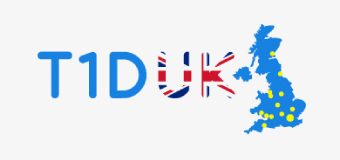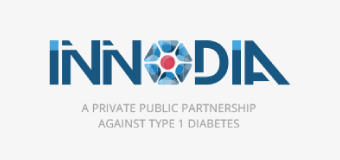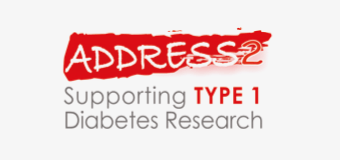About the Study
The ELSA Study is recruiting 20,000 children in the UK to explore the feasibility and benefits of screening for type 1 diabetes.
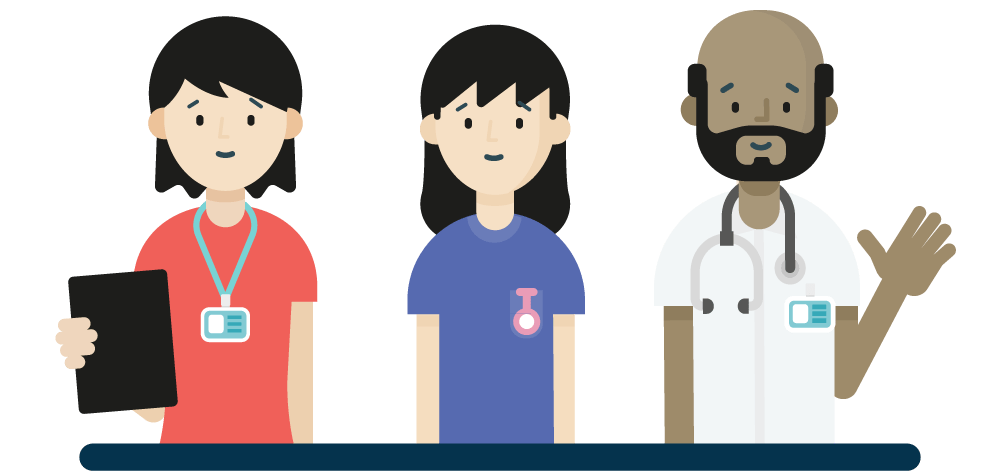
What does the ELSA Study involve?
In the ELSA Study, we are screening children for type 1 diabetes. The study has 5 steps:
- Step 1 – Finger prick blood test to screen for antibodies (20,000 children)
- Step 2 – Venous blood test to test for antibodies (for children who screened positive at stage 1)
- Step 3 – Venous blood tests for staging of type 1 diabetes (for children who tested positive at stage 2)
- Step 4 – Education session (for parents of children at-risk)
- Step 5 - Interviews with parents/guardians to provide feedback on the screening programme

What are we testing for?
In the ELSA study, we are testing for antibodies (protein markers in the blood) because antibodies are markers of risk of type 1 diabetes. There are 4 antibodies we are testing for in the ELSA Study.
As the number of antibodies a child has rises, this increases their risk of developing type 1 diabetes in the future. For example, for children who have 2 of these antibodies, within the next 10 years, 3 in 4 of these children will develop symptoms of type 1 diabetes.
For children who have 1 of these antibodies present, their risk is not as high, but they could develop more antibodies over time.
For children who do not have any of these antibodies, this means they are currently at low risk of developing type 1 diabetes. But, they could still develop antibodies in the future
3 in 1000 children are at high risk of getting type 1 diabetes and we can only find these children by screening.
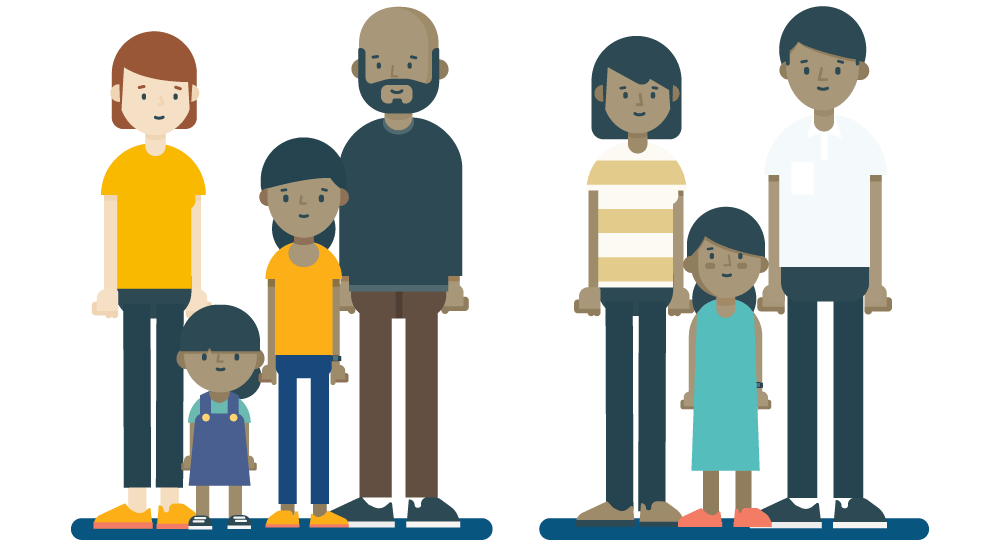
Which autoantibodies do you test for in the ELSA Study?
On the initial finger-prick test (dried blood spot card), we screen for 3 autoantibodies which target the insulin-producing cells in the pancreas. These 3 autoantibodies include GAD, IA-2A and ZnT8. This first screening test gives us a positive or negative result. This screening test cannot tell us which of these 3 autoantibodies are positive or how high the autoantibody levels are. We need a larger volume of blood to perform this further testing.
If a child screens positive on the initial screening test (dried blood spot card), we will invite the child to have a venous blood test at a local hospital that is taking part in the ELSA Study. We will perform a venous blood test and take 4-10ml of blood (1-2 teaspoons) depending on the age of the child. This sample will be returned to our laboratory at the University of Birmingham for testing. We use this sample of blood to test for the 4 autoantibodies which target the insulin-producing cells in the pancreas. These autoantibodies include GAD, IA-2A, insulin (IAA) and ZnT8. We test the blood so that we know which autoantibodies are present and how high the levels are. See below to find out what these autoantibodies mean.
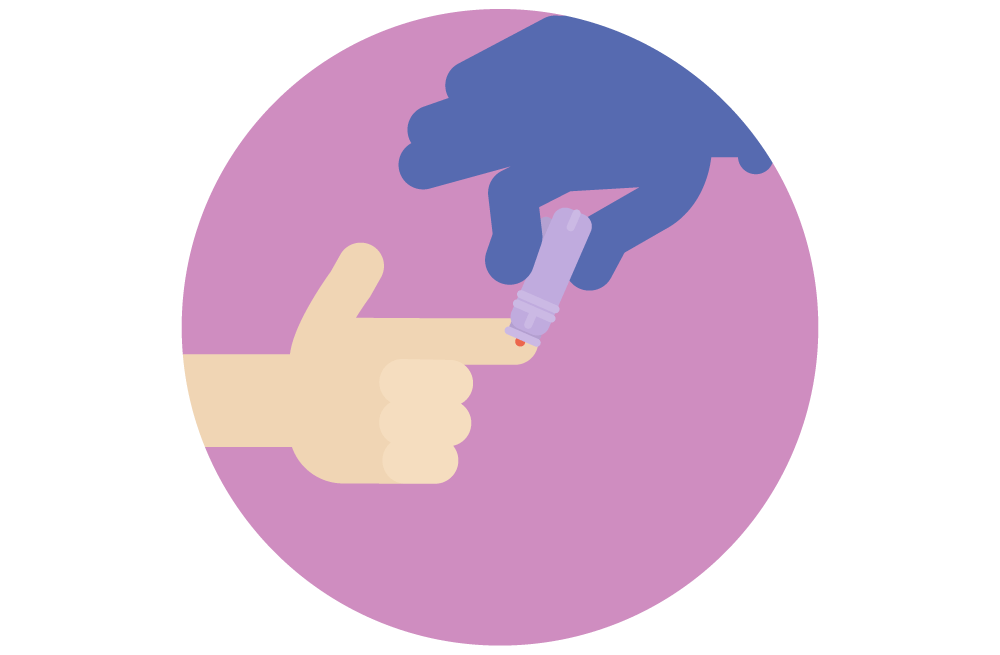
Click on the stages below to find out more
Why are we doing the ELSA Study?
3 in 1000 children are at high risk of developing type 1 diabetes in the future. The only way we can find these children is through screening.
Screening allows us to pick up type 1 diabetes sooner. This stops children from becoming too unwell and prevents children from needing to go into hospital as an emergency admission for type 1 diabetes. Children at high risk can also be followed up closely to monitor antibodies (protein markers) and glucose over time to see when treatment for type 1 diabetes needs to be started. Children found to be at high risk could also enter research trials, testing new treatments which aim to delay or prevent the start of type 1 diabetes.
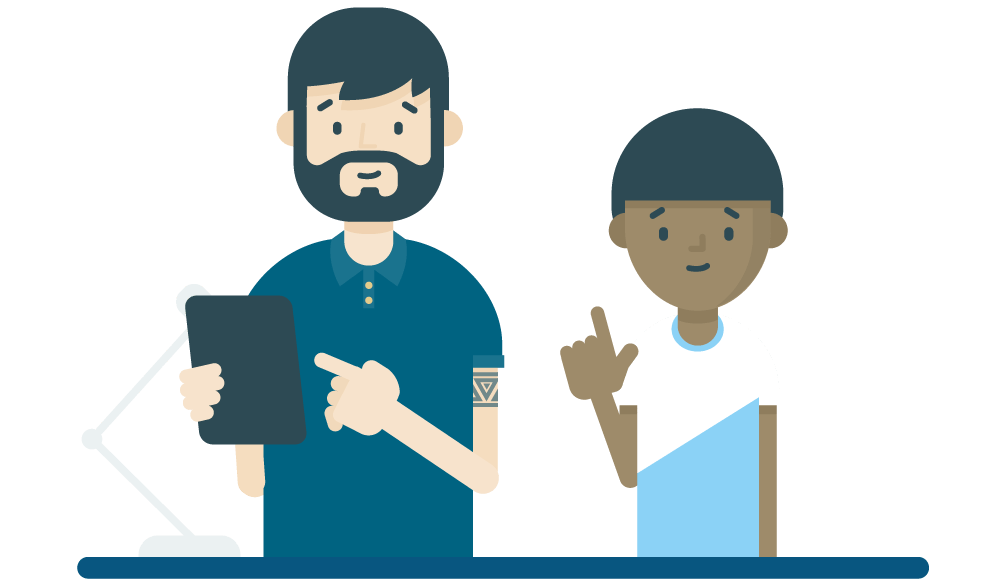
ELSA Interventions: Education and further research
ELSA - Education
All families will be invited to an education session if their child is found to be at risk of developing type 1 diabetes in the future. This is really important so that we can inform the family about the signs and symptoms of type 1 diabetes and to explain what their child’s screening results means. The ELSA Study team will contact you to arrange this.
ELSA – Further research
Children found to be at risk of type 1 diabetes will be invited to join follow-up monitoring studies. The ELSA study team will provide you with more information about this during the education session.
There is an international drive to screen children for type 1 diabetes as there are a growing number of research studies testing new treatments which could delay the start of type 1 diabetes. In the education session, we will tell you about research studies your child may be eligible for. More information about research trials into type 1 diabetes can be found here: https://type1diabetesresearch.org.uk/
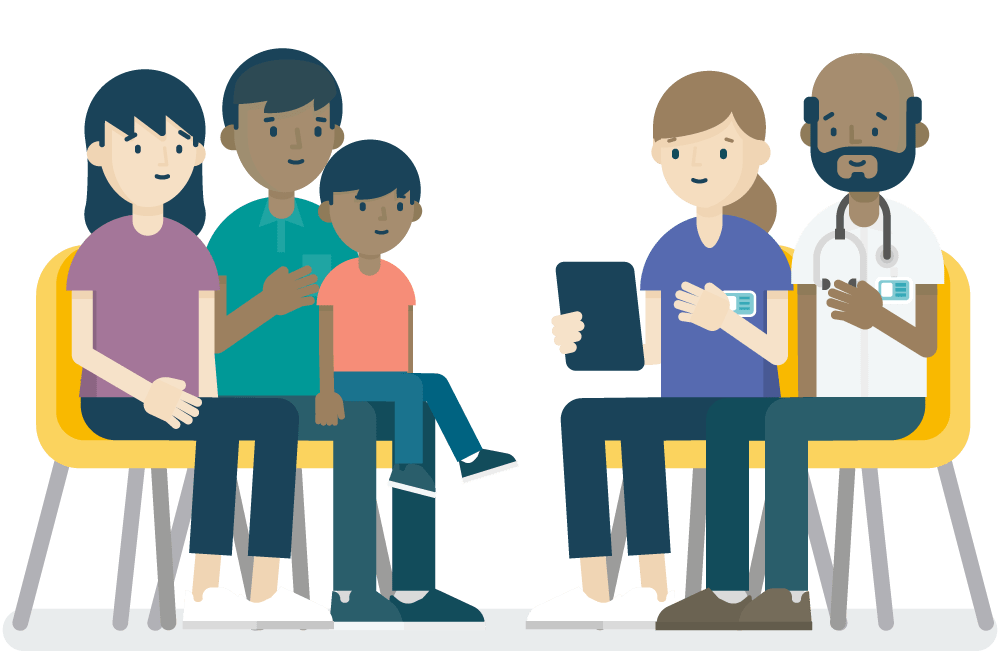
What is type 1 diabetes?
Type 1 diabetes is an autoimmune condition. This means the body's own immune system attacks the pancreas, an organ in the body which produces insulin. Insulin is a natural hormone needed for everyday life. Insulin is like the key needed to unlock nutrition from our food.
Type 1 diabetes is different from type 2 diabetes. Type 2 diabetes is caused by genetic and lifestyle factors, whereas type 1 diabetes is caused by genetic and environmental factors.
Children with type 1 diabetes cannot make their own insulin so they become very unwell. The signs and symptoms of type 1 diabetes include increased frequency of passing urine, increased thirst, weight loss, and tiredness. If you child has these symptoms, we would advise you to contact your General Practitioner (GP) or seek medical attention urgently by calling 111 or 999 in the UK.
Some children who are newly diagnosed with type 1 diabetes become extremely unwell. They may develop a condition called diabetic ketoacidosis. This is when the sugar level is very high because there is not enough insulin. Children with diabetic ketoacidosis need to go into hospital for treatment.
Children with type 1 diabetes need to take replacement insulin and continue this for the rest of their lives. You can find out more about what type 1 diabetes is and what it is like to live with type 1 diabetes on the Diabetes UK website: https://www.diabetes.org.uk/diabetes-the-basics/types-of-diabetes/type-1 and the Juvenile Diabetes Research Foundation (JDRF) website: https://jdrf.org.uk/information-support/about-type-1-diabetes/.
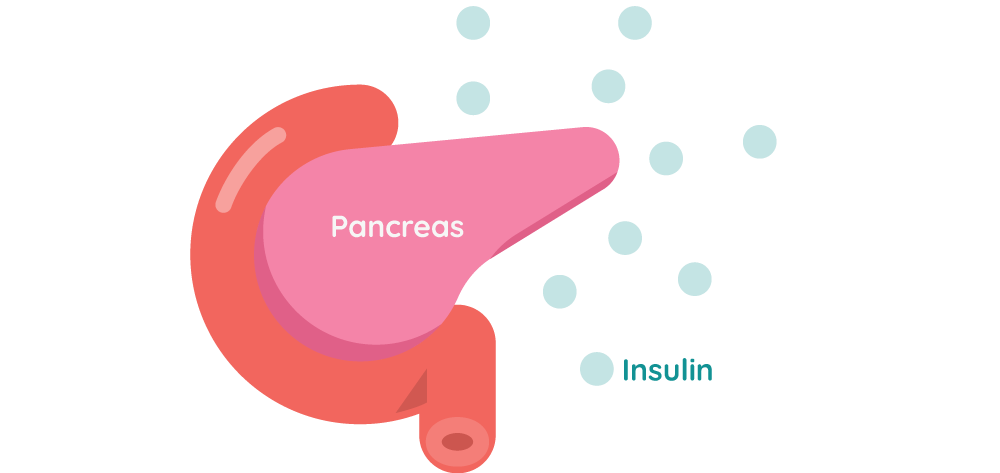
The ELSA 1 Study
In the ELSA 1 study, we are holding interviews and focus groups with families, parents, children and stakeholders to understand their thoughts on screening children for type 1 diabetes. This has helped us to design the ELSA Study screening programme. Thank you to all of the families and stakeholders who took part in these interviews. If you would like to find out more about the ELSA 1 study, please visit the study site here:
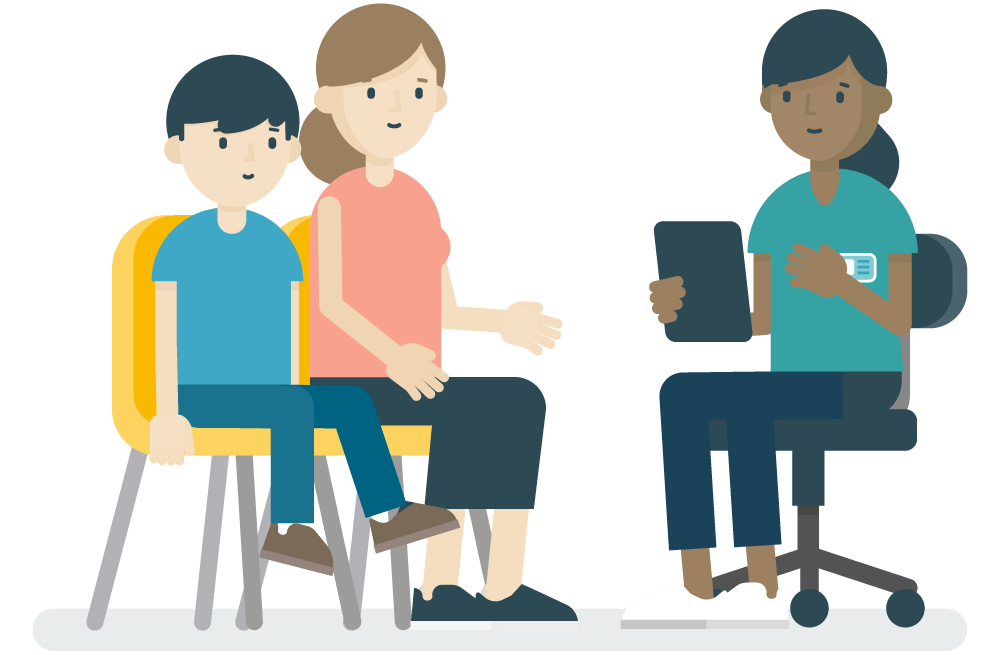
Take part…
To find out what the ELSA Study involves, please visit the parent’s online information tool:

A special thank you to all of the parents, carers and young people who have contributed to the design and delivery of the ELSA Study.

